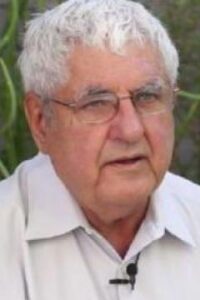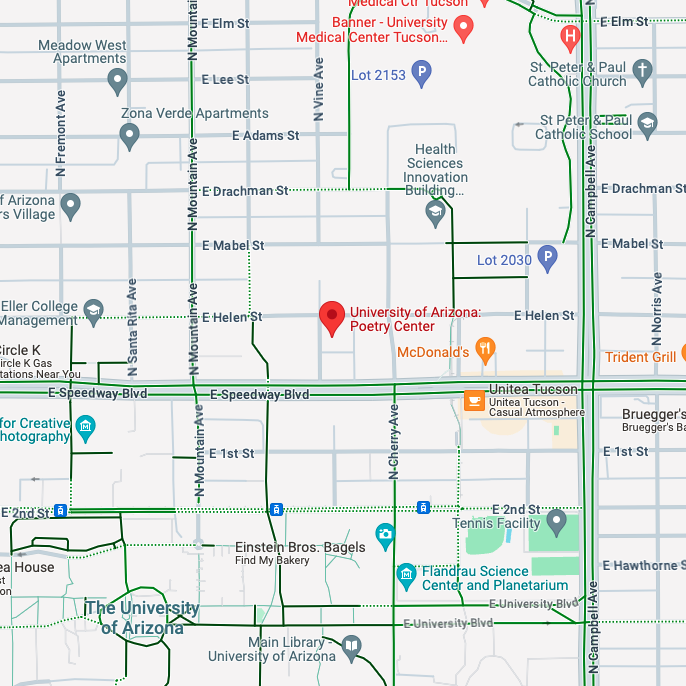Travels in Consciousness, taught by Norman Austin, Professor Emeritus of the Department of Classics, will explore the history of consciousness as reflected in a variety of texts. Readings will range widely, from Bronze Age Greece to American authors of the Twentieth Century. By “consciousness” is meant the ways in which individuals conceive of themselves and their world; it has to do not only with thought but also with feeling, volition, and behavior. So regarded consciousness constitutes individual identity and defines the human condition. After an introductory presentation at the first meeting, the seminar will address itself to Homer’s Odyssey and Plato’s Phaedo, works that display two principal approaches to consciousness from antiquity: the poetic and the philosophical. Discussion of the Homeric consciousness will embrace such topics as fate, the gods, and the “self.” Plato’s dialogue will be studied as the seminal statement of the Platonic theory of the soul, which was adapted to become the foundation of Christian theology. The seminar will then leap forward to the English Renaissance and examine Marlowe’s Doctor Faustus as a dramatization of the tragediesinherent in the Platonic-Christian concept of the soul. Matthew Arnold’s “Dover Beach” and T. S. Eliot’s “The Song of J. Alfred Prufrock,” will be studied as poems sounding the death knell in the 19th century of the Christian concept of the soul and the breakdown in the early 20th century of the old forms and ideas that had dominated Western consciousness since antiquity. Selections will also be read from Emily Dickinson’s poems and Walt Whitman’s Leaves of Grass as indicators of the birth of a new definitively American and post-Christian idea of the soul. The seminar will then move back in time to study the consciousness of a lady-in-waiting at the court of the Empress of Japan at Kyoto, circa 1000 CE, the setting of Sei Shonagon’s memoir, Pillow Book. The seminar will conclude withToni Morrison’s Sula, a novel written by a modern African-American woman, which reflects a search for a new vocabulary in which to represent consciousness of the modern age.






